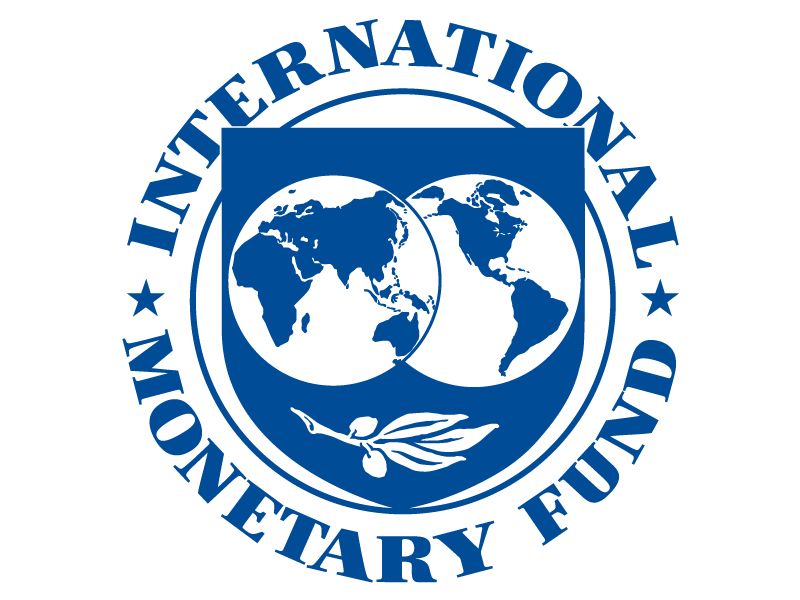Argentina’s financial markets came under sudden pressure in April as the result of a confluence of factors. A severe drought led to a sharp decline in agricultural production and export revenue, world energy prices increased, and global financial conditions tightened through an appreciation of the U.S. dollar and an upward shift in U.S. interest rates. These changes interacted with vulnerabilities that Argentina’s policy path had embedded, including significant fiscal and external financing requirements. These economic forces manifested themselves principally in the form of pressure on the Argentine peso, market anxiety about the roll-over of short-term central bank paper, and an increase in Argentina’s sovereign risk premium.
The Executive Board of the International Monetary Fund (IMF) today approved a three-year Stand-By Arrangement (SBA) for Argentina amounting to US$50 billion.
The IMF’s support for Argentina’s economic plan aims to strengthen the economy by focusing on four key pillars:
- Restore market confidence. The government has committed to a clear macroeconomic program that lessens federal financing needs and puts public debt on a firm downward trajectory. This will help create a clear path to strong, sustained, and equitable growth and robust job creation. Anchoring this effort is a fiscal adjustment that ensures that the federal government reaches primary balance by 2020, with a significant up-front adjustment to secure a primary deficit of 1.3 percent of GDP in 2019.
• Protect society’s most vulnerable. Steps will be taken to strengthen the social safety net, including through a redesign of assistance programs (which are often overlapping, yet still result in gaps in coverage) and through measures to increase female labor force participation (by eliminating the second-earner tax penalty and providing working families with assistance with childcare). The level of social spending will be protected under the program. Also, if needed, additional spending on pre-identified, high-quality, means-tested social assistance projects will be accommodated. The authorities’ goal is to continue to reduce poverty rates throughout the course of the arrangement even if there were to be a slower-than-expected economic rebound.
- Strengthen the credibility of the central bank’s inflation targeting framework. The government has pledged to provide the central bank with the institutional and operational independence and autonomy that is needed to achieve effectively inflation objectives. In addition, the central bank has adopted a new credible path of disinflation to bring inflation to single digits by the end of the three-year SBA period. Plans are also being developed to ensure the central bank has a healthy balance sheet and full financial autonomy. The plan also foresees steps to diminish the Central Bank’s vulnerability from a short-term peso denominated debt (LEBACs).
- Progressively lessen the strains on the balance of payments. This would involve rebuilding international reserves and reducing Argentina’s vulnerability to pressures on the capital account.
For more information please visit IMF.org.
